Quote of the day: ““There are no unsacred places; there are only sacred places and desecrated places.” ― Wendell Berry
I am in Hawaii staying at Akiko’s Buddhist Bed and Breakfast 15 miles north of Hilo on the Big Island. It rains a lot on this side of the island and much of the land is covered with rain forest. This area receives, on average, 120 – 130 inches of rain a year. This week of mostly rain, with a few peeks of sunshine gave me a feeling of what the rainy season is like on this side of the island.
Akiko’s place is located in the village of Wailea, an old plantation village with about a dozen houses. Most of the houses here are old and in various stages of disrepair. There is a vacant building down the street that used to be a store. Across the street, the old Fuji bakery is now a new business incubator. Small startup businesses can rent the commercial kitchen there. As the elders of the village age and die, the character of the village is changing. A new house is being built across the street. And over time I’m sure more changes will take place.
Akiko’s house, the old gas station next to her house (that she uses as an art gallery and communal kitchen), and the plantation house next door (also part of the B&B) were all built in the early 1900’s when sugar cane was king on this part of the island.
Many Chinese, Japanese and Filipino immigrants were brought to Hawaii by plantation owners to work on the sugar cane plantations. Working conditions were bad and workers were virtually indentured servants. When Hawaii became a state plantation workers gained better working conditions and more protection. As wages rose and the cost of production rose, the sugar industry in Hawaii could no longer compete with sugar producers in other parts of the world. The sugar cane industry has left Hawaii, but villages like Wailea remember when sugar was king.
Along with the three old plantation village buildings and a house across the street, Akiko has land behind each house that is a combination of wild and cultivated. Up the hill from one plantation house, lies a traditional Japanese temple that Akiko rebuilt. She is mindful of the history of the land, and strives to support the sacred space here. Every morning and every evening she lights incense in the temple and rings the temple bell.
She has also built two solar cottages and a solar shower room/kitchen area in a secluded part of the “jungle” area out back. The one-room wood and screen rooms are beautiful and have minimal impact on the environment.
Akiko has great respect for land and the Hawaiian ancestors buried on this land. She wastes nothing, composts, and works with the land’s natural processes. Her property includes banana trees, tangerine trees, lemon trees, breadfruit trees, orange trees, avocado trees, and more. Countless flowers and vines grow around her buildings and in the “jungle” behind them. A small stand of bamboo stands near the temple.
I also discovered that Akiko is caring for a goat and a goose behind the main property. She told me the story of how she became the caretaker for a goose and a goat the other day. It seems that a while back there were 2 goats and 2 geese wandering wild through the neighborhood. It’s not clear who their original owners were. They were thriving until a dog in the neighborhood killed one of the geese and soon after that, one of the goats.
A haole couple (white folks who moved here from the mainland) began feeding the goat and the goose. The man also “play fought” with the goose to teach it how to protect itself from the dog. Both animals fell in love with the “haole man.” They even fought each other to gain more of the man’s attention. “You’d think they would like the haole man’s wife since she fed them every day, but no, they wanted nothing to do with her, viewing her as the competition for the haole man’s attention,” Akiko told me.
The haole couple decided to leave Hawaii, but they worried about what would become of the goat and the goose after they left. They came to Akiko and asked her if she would feed them when they left. They built a fenced enclosure for the animals and gave Akiko $400 to buy food for them. Every morning and evening Akiko walks up the hill to feed and care for the goose and the goat, despite the fact that neither of the animals likes her, and she has to be very careful not to get bit. Her kindness and compassion are no less for the animals than they are for the elders of the Hilo area, whom she helps with food and other gifts.
Akiko’s main house has a total of 8 different levels. It has nooks and crannies that go up a few stairs here, down a few there, and the highest room in the house can only be reached via a ladder built into the wall of the room below. She has no hot water in the house (by her own choice) and uses the communal shower across the way, just like her visitors.
She does have a bathroom in the house and a kitchen, but everything is very simple and minimal. Along with the simplicity are artistic touches and a great awareness of creating beauty throughout. Rock gardens, buddha statues, Japanese lanterns, and vases of flowers are found in all the spaces indoors and out.
This week, Fred Soriano, a stone sculptor friend of Akiko’s, came and created a Zen garden in front of the house across the street that Akiko recently acquired. Fred brought some stones he had carved (a Japanese lantern and twin Jizo statue), but built most of the rest of the Zen garden using stones he found scattered around the property. He explained how the stones were carefully placed in a position relative to their original position, so that the moss that grew on the stones faced the same direction it had faced before the stones were moved into the garden.
Bringing Fred in to design a Zen garden for her, typifies the care and mindfulness Akiko applies to everything she does.
Caring for the land and keeping everything trimmed, raked, weeded, and swept takes a lot of time. Right now there are 4 of us staying at Akiko’s. Two are on work-share, where they work 15-25 hours per week for their room. I was originally going to work 15 hours per week for Akiko to decrease my room cost, but found that I didn’t have enough time and energy for photography when I was working 3 hours a day. I very happily re-negotiated with Akiko and am no longer obligated to work. Akiko works harder than any of us. Her stamina, strength, and zest for living astound me. Her great love and respect for this place and its history truly make me feel that I am walking on sacred ground every step I take.
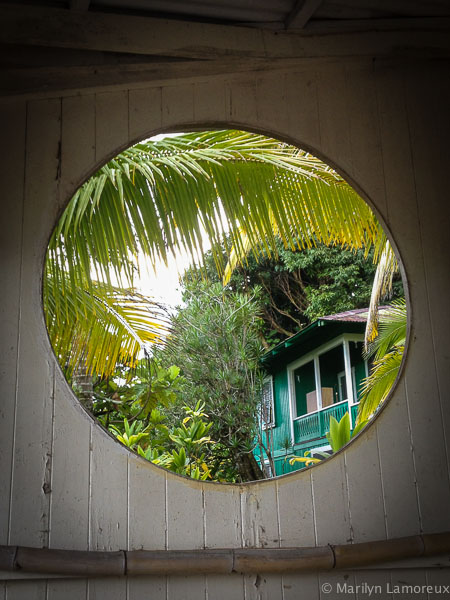

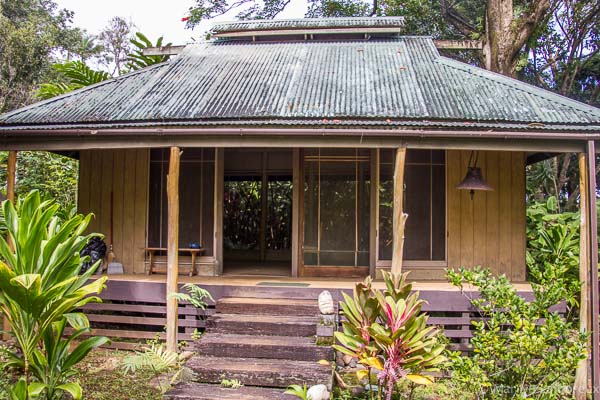
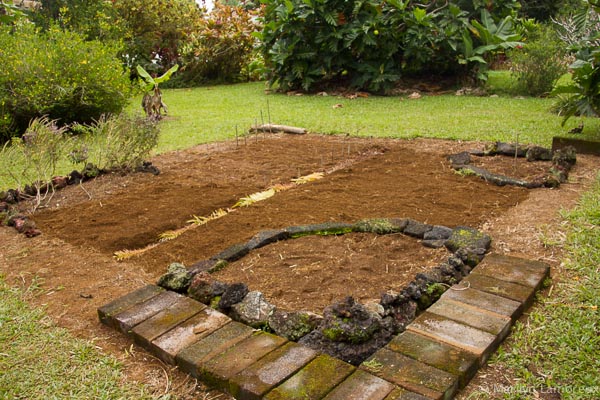
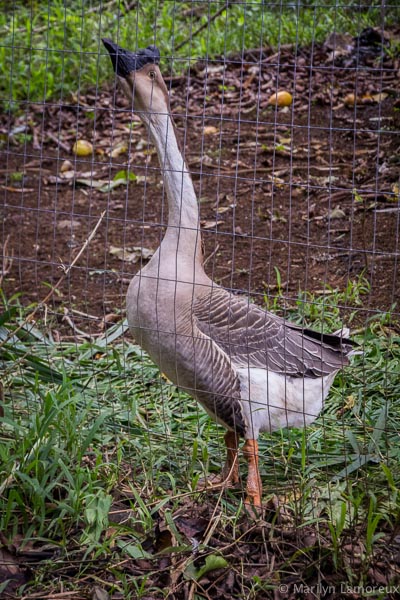
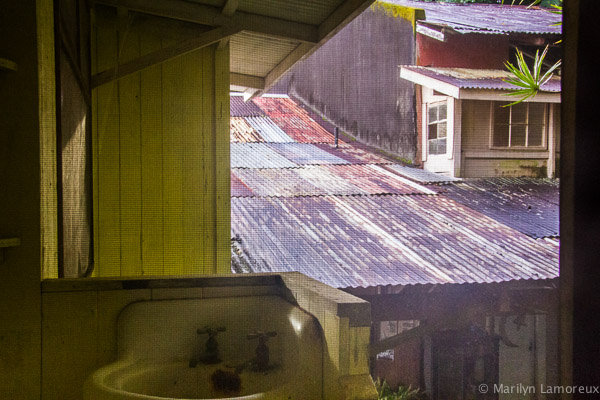
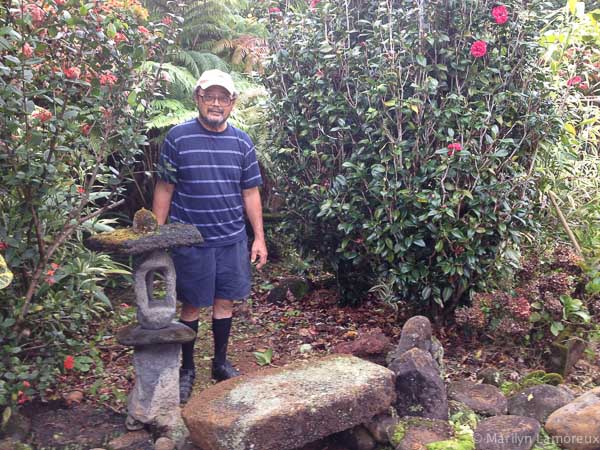
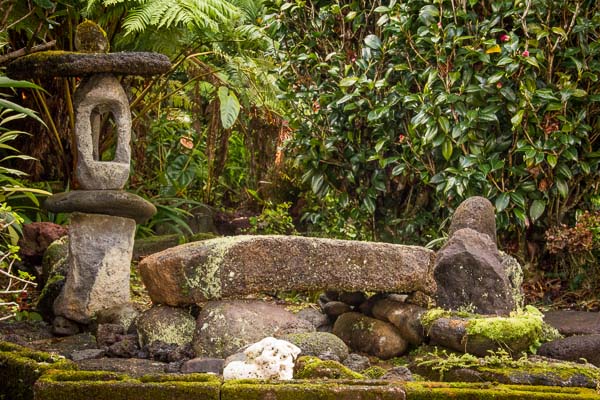
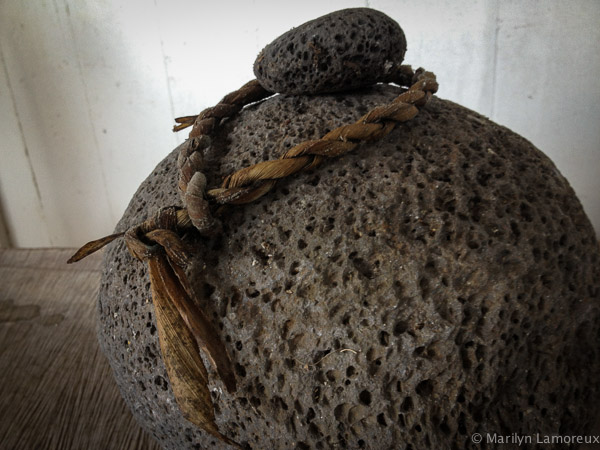
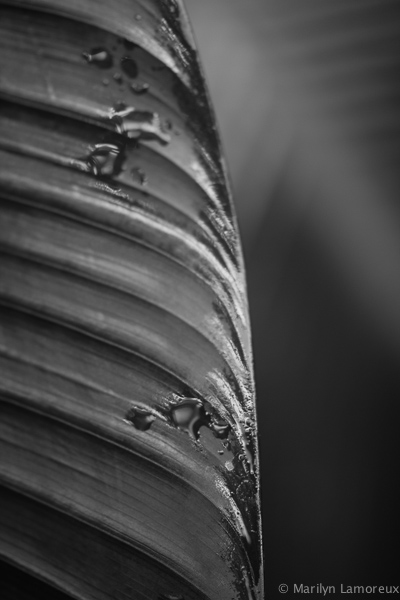
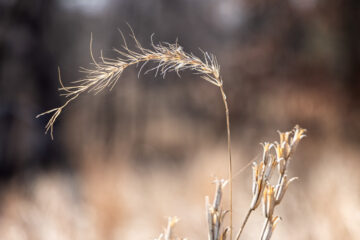
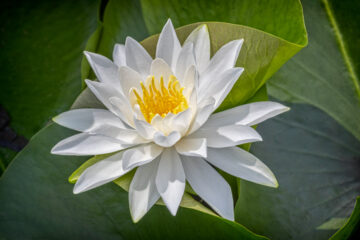

0 Comments